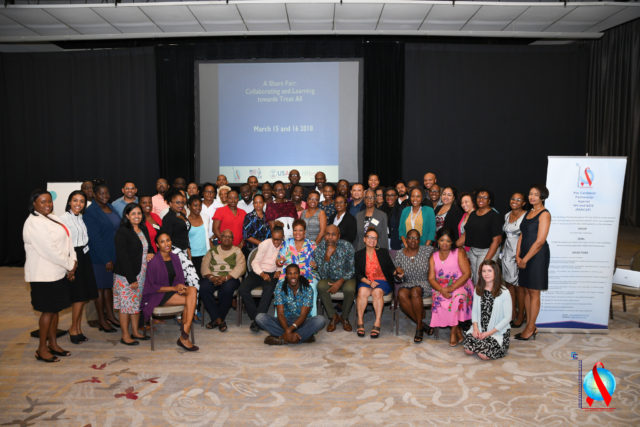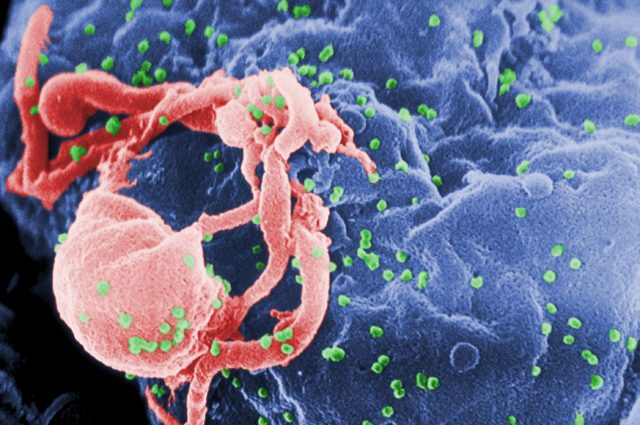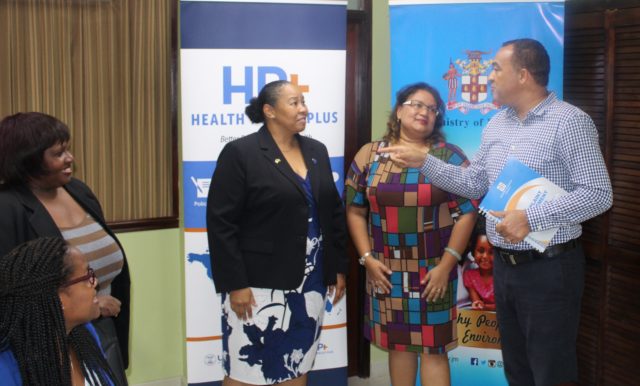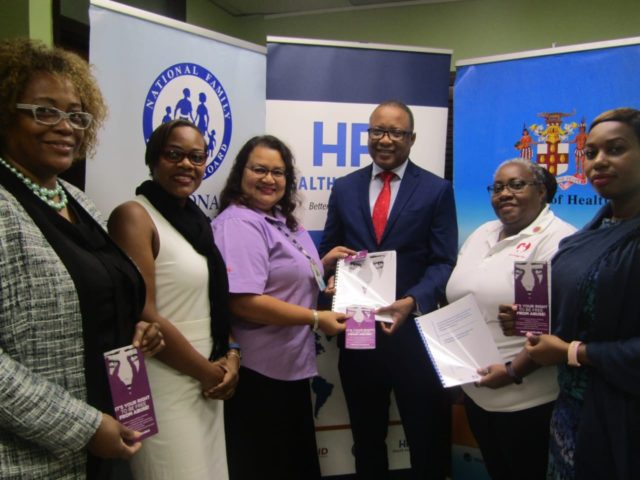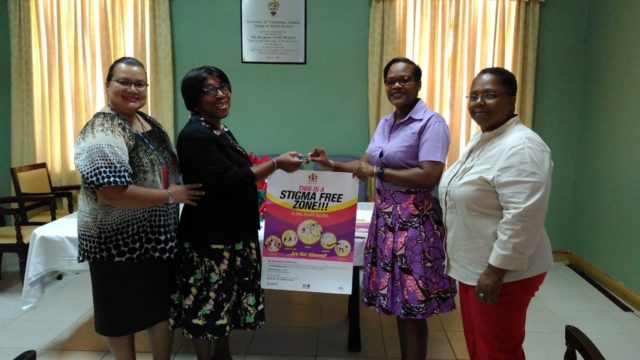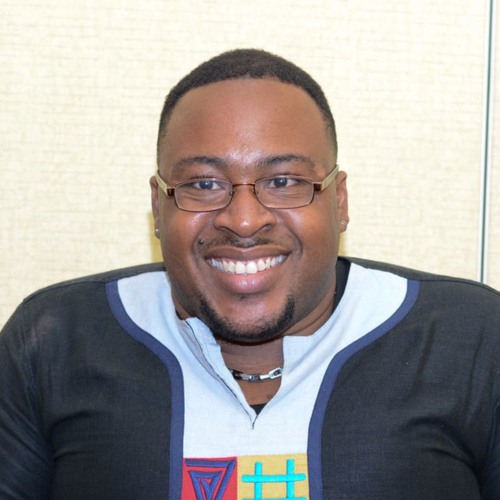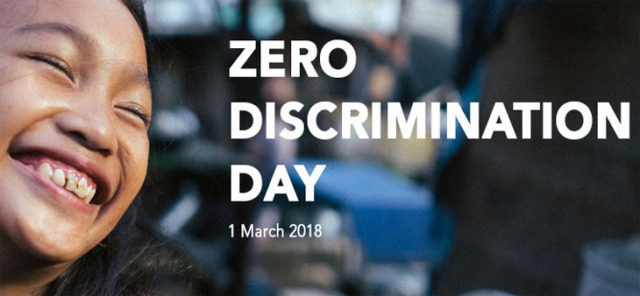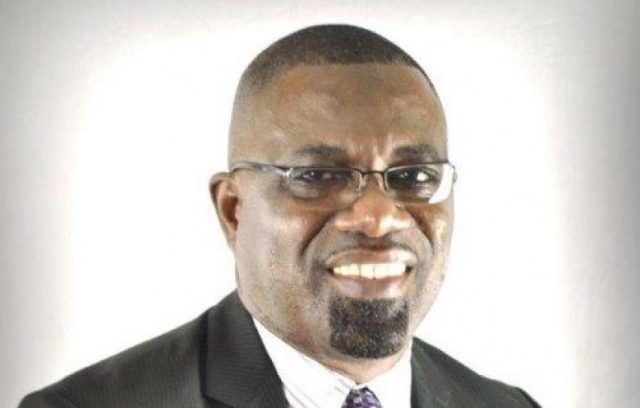Thursday, 7 March 2019 (PANCAP Coordinating Unit, CARICOM Secretariat): The Pan-Caribbean Partnership against HIV and AIDS (PANCAP), the mechanism that provides a structured and unified approach to the Caribbean’s response to the HIV epidemic, will host a Knowledge Management Share Fair in Port-of-Spain, Republic of Trinidad and Tobago on 14 March 2019. Participants will include over 80 National AIDS Programme (NAP) Managers and Implementing Partners such as civil society organizations that work with people living with HIV and key population groups (including youth). The Share Fair is an initiative of the PANCAP Knowledge for Health project, which aims to enhance knowledge generation, sharing, and learning among HIV programme implementers and civil society around the implementation of Treat All[1] and the 90-90-90 Targets[2].
The Share Fair will expand on the capacity building initiatives implemented by the Project. These include the Knowledge Synthesis and Best Practices Workshop (2016), South-to-South Learning Exchanges to the Dominican Republic and Jamaica (2017-2018), Treat All Message Design Workshop (2017), “Collaborating and Learning towards Treat All” Share Fair (2018), PANCAP webinars, and other ongoing regional knowledge management efforts around 90-90-90 and Treat All.
It will provide a space for NAP managers and Civil Society Organization (CSO) representatives to showcase best practices from implementation experiences, discuss critical challenges, and provide recommendations for increasing access to services for men, including men who have sex with men and other key populations in achieving 90-90-90. Access to services by men will be a key issue during the Share Fair as the UNAIDS Global AIDS Update 2018 shows that gay men and other men who have sex with men accounted for nearly a quarter of new infections in 2017. The report also highlighted that efforts to reach men and boys, and particularly gay men and other men who have sex with men, are constrained by health services insufficiently tailored to their needs and limited community-based services.
To build capacity in the area of improving access to health by men, the Share Fair will include a Knowledge Café, which will highlight successful Men’s Health programmes. According to PANCAP Knowledge Coordinator, Dr Shanti Singh-Anthony, the intention is to highlight innovations from country programmes that have achieved positive results in relation to increasing access to prevention, treatment, care and support services by men and boys. Implementers of programmes who are challenged to reach men with health services can use the innovative practices to increase men’s access to quality health services.
“Previous Share Fairs were successful in forging stronger partnerships and collaboration between NAP Managers and CSOs and sharing of best practices,” stated Dr Singh-Anthony “we intend to build on these successes. We cannot afford to leave our men and young boys behind at this critical stage of the HIV response. The Share Fair will provide an ideal opportunity for the two groups to utilize the lessons learned from the region to enhance services for men. The overarching objective is to increase the number of men and boys who are accessing HIV prevention, treatment, care and support services”.
Participants will also share implementation experiences in relation to the provision of Pre-exposure Prophylaxis (PrEP), innovations for reaching and testing key populations, and strategies for sustaining the HIV response.
– ENDS –
Contact:
Timothy Austin
Communications Specialist
PANCAP Coordinating Unit
CARICOM Secretariat
Tel: (592) 222-0001-75| Email: taustin.consultant@caricom.org
Fax: (592) 222-0203 | www.pancap.org
Helpful links:
What is the PANCAP Knowledge for Health Project?
Global AIDS Update 2018 – Miles to Go
https://pancap.org/pancap-documents/global-aids-update-2018-miles-to-go/
What is PANCAP?
PANCAP is a Caribbean regional partnership of governments, regional civil society organisations, regional institutions and organisations, bilateral and multilateral agencies and contributing donor partners which was established on 14 February 2001. PANCAP provides a structured and unified approach to the Caribbean’s response to the HIV epidemic, coordinates the response through the Caribbean Regional Strategic Framework on HIV and AIDS to maximise efficient use of resources and increase impact, mobilises resources and build capacity of partners.
Editor’s Notes
What are the Joint United Nations Programme on HIV and AIDS (UNAIDS) 90-90-90 Targets?
- By 2020, 90% of all people living with HIV will know their HIV status.
- By 2020, 90% of all people with diagnosed HIV infection will receive sustained antiretroviral therapy.
- By 2020, 90% of all people receiving antiretroviral therapy will have viral suppression.
[1] In September 2015, the World Health Organization (WHO) issued a new policy, which stated that anyone infected with HIV should begin antiretroviral treatment as soon after diagnosis as possible. With its “Treat-all” recommendation, WHO removed all limitations on eligibility for antiretroviral therapy (ART) among people living with HIV; all populations and age groups are now eligible for treatment.
[2] Joint United Nations Programme on HIV and AIDS (UNAIDS) 90-90-90 Targets:
- By 2020, 90% of all people living with HIV will know their HIV status.
- By 2020, 90% of all people with diagnosed HIV infection will receive sustained antiretroviral therapy.
- By 2020, 90% of all people receiving antiretroviral therapy will have viral suppression.

